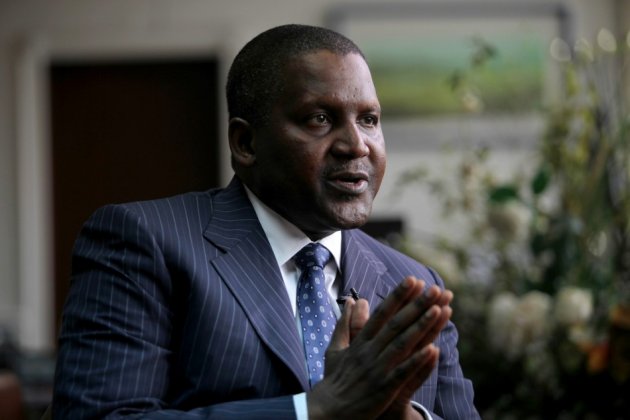Jonah Otunla, accountant-general of the federation, has revealed that the Nigerian Excess Crude Account has depleted by N198 billion ($1 billion) within a period of 30 days, due to falling oil prices.
He said Nigeria’s government revenue fell by 15 percent in January, as falling oil prices eroded the income of Africa’s biggest oil producer.
“The nation’s revenue fell to N416.1 billion ($2.1 billion) in January compared to N490 billion a month earlier,” Bloomberg quoted Otunla as saying in a statement.
“The balance of Nigeria’s oil savings Excess Crude Account is currently about $2.1 billion, down from $3.1 billion in December.”
Advertisement
The volume of oil exports declined by 33 percent in November and December, amounting to a N31.7 billion ($159.88 million) loss of revenue for one of the largest exporters of oil in the world.
“[Nigeria has] suffered a substantial loss in revenue as a result of the massive drop in crude oil price at the international oil market,” he added.
Africa’s largest economy has been heavily hit by the drastic fall in crude prices since the second quarter of 2014.
Advertisement
With Nigerian heading for the polls in 31 days, the economy continues to take hard knocks, with the Naira continually nosediving to all-time lows, now going for 217 to a dollar on the black market.
Nigeria earlier postponed elections initially scheduled for February 14 and 28, resulting in N208b loss in the Nigerian stock exchange in a single day.
As a country that relies on export of crude for more than 90 percent of its foreign exchange income and 70 percent of government revenue, the dwindling prices have had grave consequences on the economy.
Total revenue distributed among the three tiers of government in January was N500.1 billion, including value-added tax and refunds by the state-owned Nigerian National Petroleum Corp.
Advertisement
Add a comment







